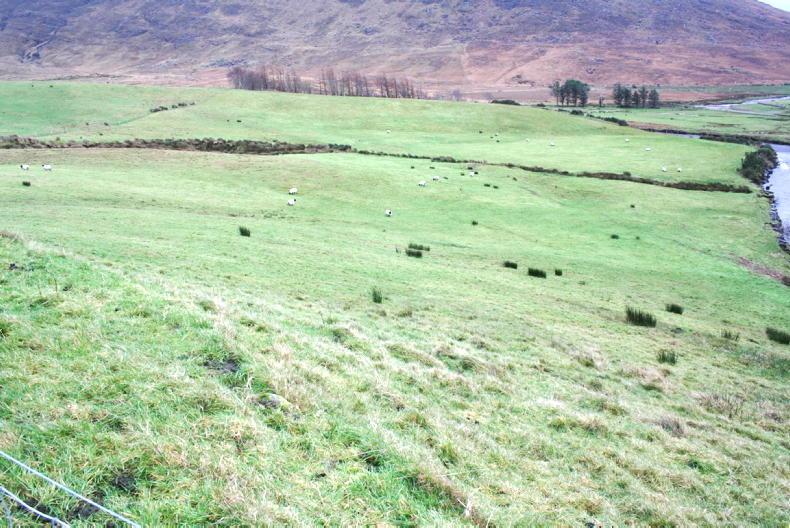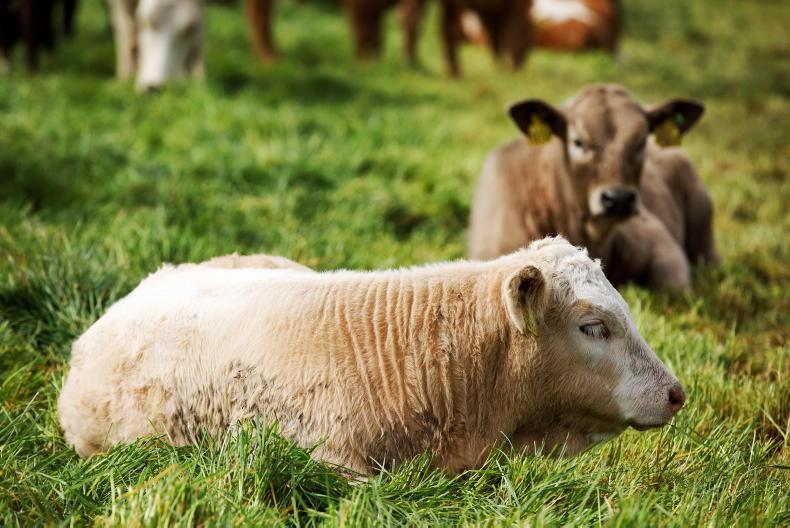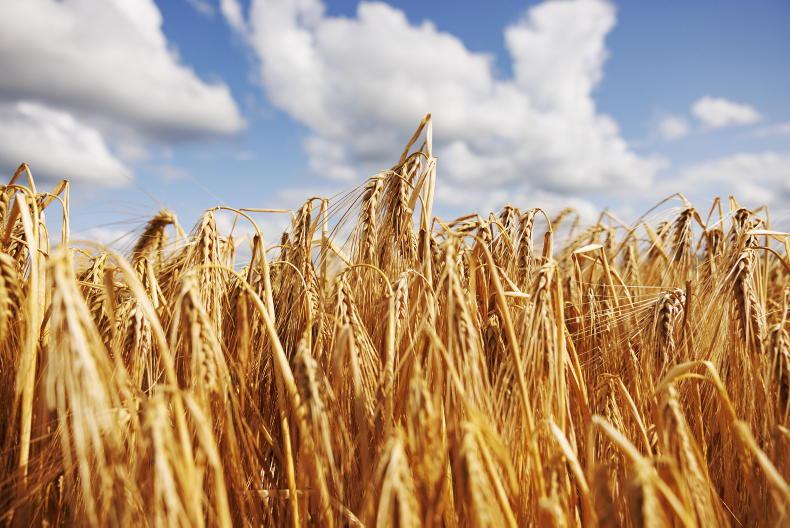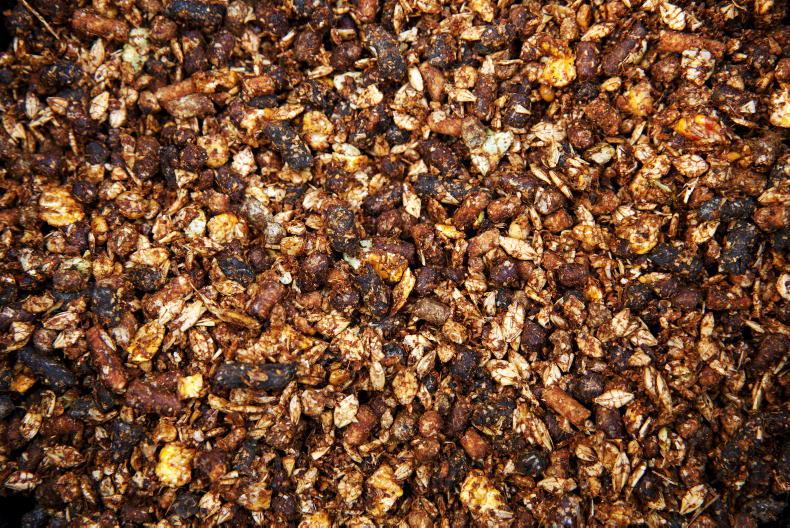It’s obvious – I could never be an organic farmer. There’s no way I could grow a ponytail and a beard and anyhow my toenails would look awful in sandals without a pedicure. But ponytail here or there, such is my Roundup addiction that I can’t farm without it. I believe it to be entirely safe for use as directed and essential for no-plough tillage farming.
But I do respect organic farmers and one of my best friends was one – sadly he’s now deceased. Could I possibly slip quietly into that fashionable halfway house that is a regenerative farmer? Hmm, not sure about that. Let’s see what I’d have to change to join this rapidly growing system of crop production.
A regenerative tillage farmer – for those who have been on Mars for the last year – minimises soil disturbance by direct drilling. The soil is never left bare without the protection of a growing crop. This means sowing autumn cover crops ahead of spring crops.
A regenerative tillage farmer – for those who have been on Mars for the last year – minimises soil disturbance by direct drilling
Regenerative farmers also minimise chemical fertiliser and pesticides and, consequentially, use more crop nutrients and biological spray mixes. Some have reverted to good old mixed farming, with grazing livestock in the diverse rotation. All of which is fine and laudable in its own right. So, what’s not to like about regenerative agriculture?
You see, direct drilling (or no-till) isn’t for everyone. It’s not for messers and it won’t work on all soil types. Yes, it’s fast, fuel-saving and carbon-building, but arguably min-till is a good halfway house. It’s corrective of any field damage and fields are more level.
Dare I mention it and go back a step, but the plough is also very forgiving and complete in itself. But a plough to a regenerative farmer is what a toolbox is to a dairy farmer – what’s that?
Certainly, the years of chemical excess – in all its forms – are gone forever
As for cover crops, they certainly mop up nutrients, but do they build organic matter? I’m not convinced, but grazing them with sheep is a different story. Golden hooves are magical.
Reducing chemical fertilisers and pesticides also has to be good. We may never see good value nitrogen again, so we will all have to work with less. Certainly, the years of chemical excess – in all its forms – are gone forever. And less nitrogen invariably means less plant growth regulators and fungicides, so that’s a win.
However, while all this is environmentally good and sustainable, it comes at a cost. Initially, yields will tumble and may struggle to reach those of conventional farmers unless you’re on an ideal soil. Yields will obviously be miles ahead of organic growers, but neither may they reach the dizzy highs of top mainstream growers. But costs are much lower. That in itself could still be progress. I see well known Tipperary regenerative farmer Tommy Tierney reporting a fine oilseed rape yield with hugely reduced spray and chemical fertiliser inputs.
I’m the progeny of an early 1980s agricultural education and CAP policies where yield was king, so change is difficult for a balding hard head like me
However, I do have one particular concern about regenerative farming and where we might be headed. Are we voluntarily introducing a new crop standard that end users will demand? Diageo (for malting barley) is making moves in this direction. This would mitigate against growers who cannot – for whatever reason – embrace regenerative farming any or all of the time.
OK, I could never be an organic farmer. I don’t believe in it. Neither will it feed a hungry world. Is regenerative farming then the future? As the Carlsberg man says, probably. There’s little coherent argument against it. But for me? I’m the progeny of an early 1980s agricultural education and CAP policies where yield was king, so change is difficult for a balding hard head like me. Regenerative farming? Eh, maybe not. Next generation, please.










SHARING OPTIONS